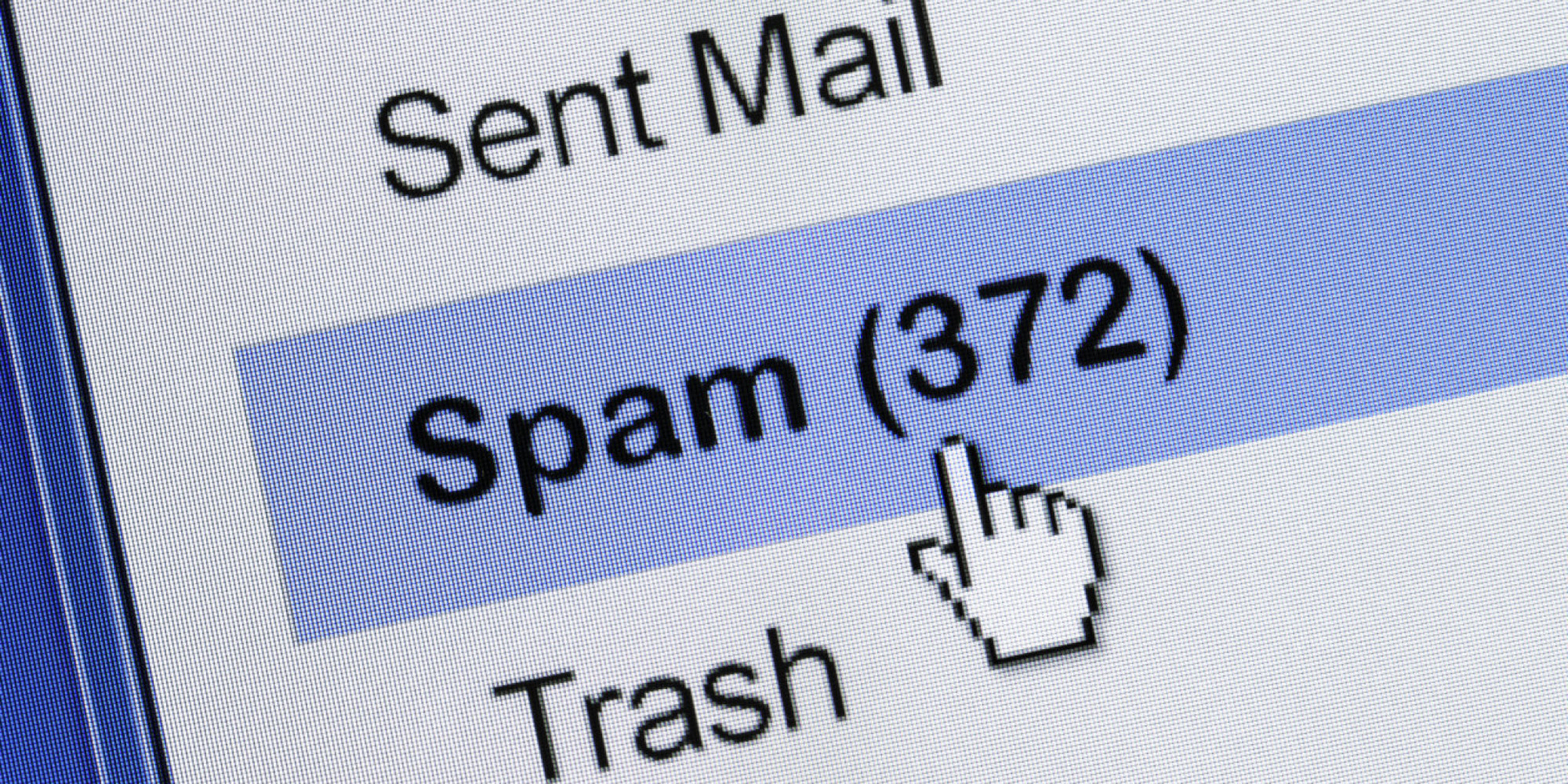In 2015, bitcoin wallet service providers and hardware manufacturers expressed their genuine concerns towards bitcoin spam attacks. Essentially, a bitcoin spam attack a series of low value bitcoin transactions that are worth around 5,430 satoshis which is sent to the Bitcoin network to intentionally delay the confirmation period of transactions.
Over the past few years, some groups of unknown hackers and users have initiated a few spam attacks that were made up of 1 million spam transactions or transactions of minimal value of 5,430 satoshis. The continuation of such attacks led to the hardware failure of bitcoin nodes and substantial delay in receiving confirmed transactions.
However recently, bitcoin security expert and the author of Mastering Bitcoin Andreas Antonopoulos, stated during a presentation at the Barcelona Fablab Meetup March 2016 that the term bitcoin “spam” transaction is in fact meaningless.
Transactions in the Bitcoin network are verified and confirmed by miners operating around the world, who contribute their computing power to mathematically solve blocks that contain transactions. Miners also prioritize transactions that carry a certain amount of fees and thus, parties or users that wish to have their transaction prioritized and verified first must embed enough fees in their transactions for the miners to confirm.
These so-called spam transactions are normally prioritized by Bitcoin miners because they simply include more fees that other transactions. If they contribute to the network and the miners by paying the same or even high transaction fees, logically, they cannot be considered spam transactions.
“Because to decide which transaction is spam and which are not, you are making a top down judgement. You are posing the choices of which applications are legitimate to who? Legitimate to the end user?,” explained Antonopoulos. “There is no such thing as a spam transaction simply because if a transaction carries enough fee, that means the sender of the transaction felt it was valuable enough to transmit and therefore, it is a legitimate transaction,” he continued.

